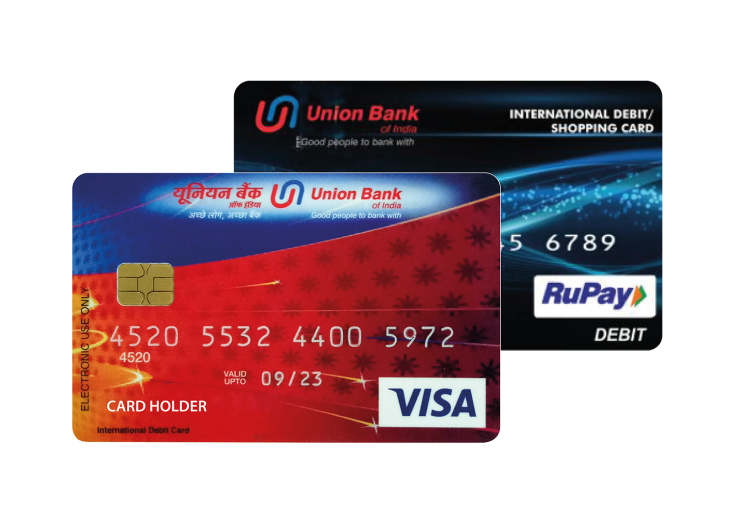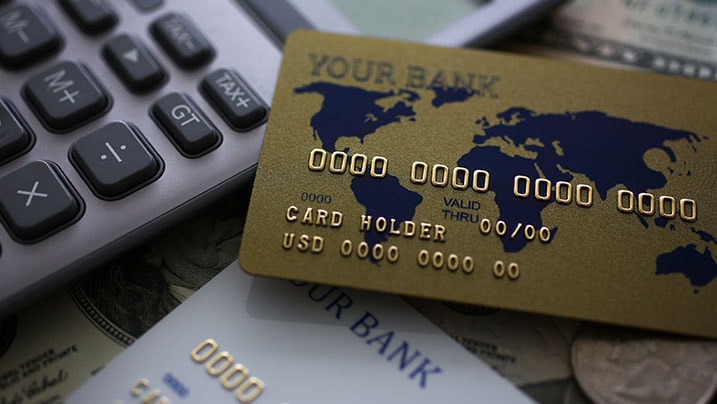Navigating the world of international payments can be daunting, but understanding the differences between forex cards and debit cards is key. Both options offer advantages and drawbacks, and choosing the right one depends on your specific travel needs. So, let’s dive in and explore the key distinctions between forex cards and debit cards to help you make an informed decision.

Image: forextradingrisk1.blogspot.com
Forex Cards: A Convenient Way to Carry Multiple Currencies
Forex cards, also known as travel cards or multicurrency cards, are prepaid cards loaded with multiple foreign currencies. They offer several benefits:
- Convenience: Forex cards eliminate the hassle of exchanging cash at airports or local exchange bureaus. You can load multiple currencies onto a single card, making it easy to manage your expenses in different countries.
- Exchange Rates: Forex cards often offer competitive exchange rates compared to banks or traditional currency exchange services. The exchange rate is locked in when you load the card, protecting you from unfavorable fluctuations.
- Security: Forex cards provide an extra layer of security as they are not linked to your bank account. If the card is lost or stolen, you can report it to the issuer and freeze your balance.
Debit Cards: The Versatility of a Single Account
Debit cards are widely accepted payment methods worldwide. They are linked to your checking account and deduct funds directly. Debit cards offer their own advantages:
- Simplicity: Debit cards are straightforward to use. You don’t need to load or manage multiple currencies, as they automatically convert the transaction amount to your home currency.
- Versatility: Debit cards can be used for both online and in-store purchases, making them a versatile payment option for travelers.
- Convenience: Debit cards are widely accepted, reducing the need to carry cash or exchange currencies. You can access your funds at ATMs, making it easy to withdraw local currency.

Image: www.idfcfirstbank.com
Comparison Of A Forex Card And Debit Card
https://youtube.com/watch?v=nXIokIQDfV4
Choosing the Right Card for Your Trip
The best card for your trip depends on your needs and preferences. Forex cards are ideal if you plan to travel to multiple countries and want the convenience of carrying multiple currencies with locked-in exchange rates. Debit cards are a good option if you prefer a simple and widely accepted payment method, even if the exchange rates may not be as favorable.
To optimize savings, consider using a forex card for large purchases or transactions in countries with high exchange rate spreads. For smaller purchases or countries with favorable exchange rates, a debit card may suffice. Remember to check with your bank or card issuer for specific fees and exchange rates.
Whether you choose a forex card or a debit card, planning your international payments in advance can save you time, money, and hassle during your travels.






